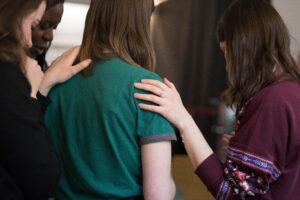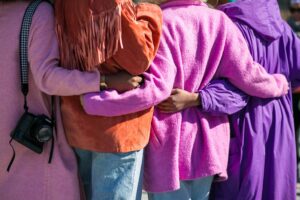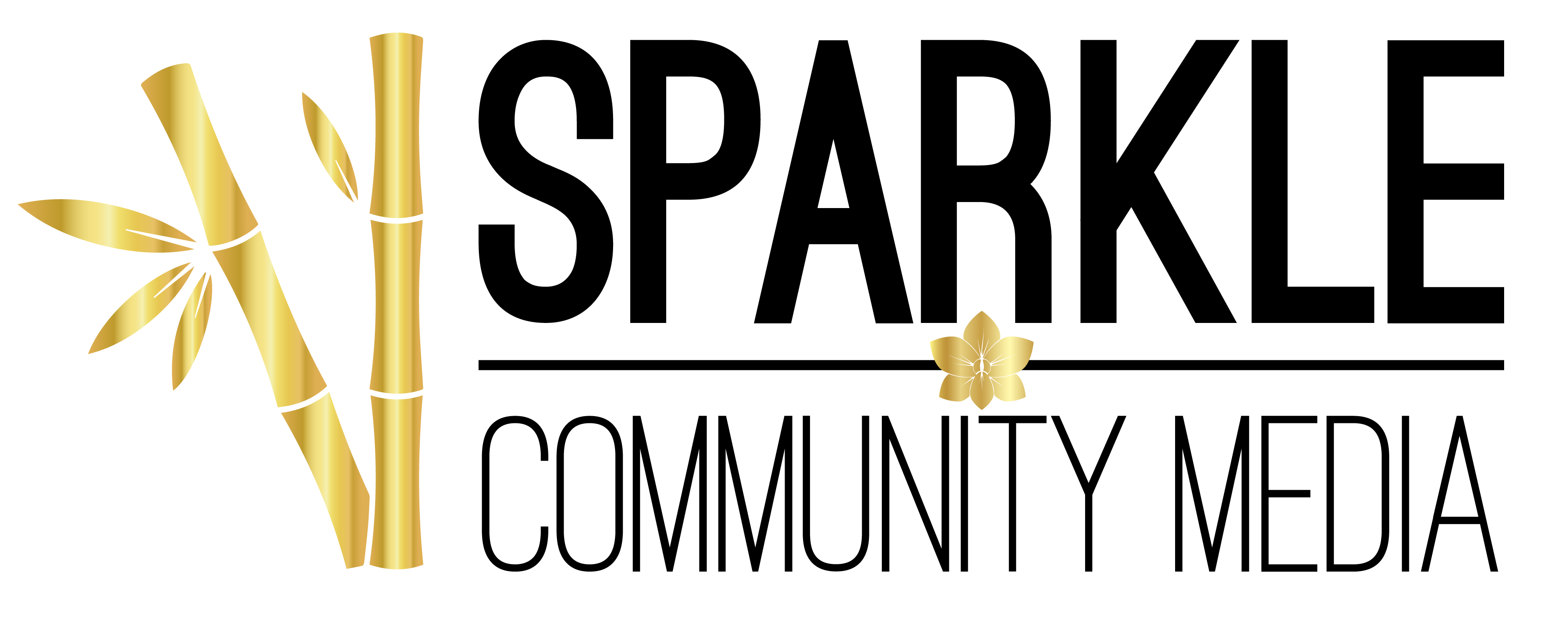Powerful Multi-platform media has the potential to bring about positive change globally for people, purpose-filled brands, and the world.
Community journalism can have this impact as we work from the heart of a human, the ‘grit’ of a community and the core of a brand, to articulate and share stories with gloss aka creating content with wider appeal.
Not only does this ensure that articles, videos, and audio online and offline are diverse but inclusive. Community Journalism doesn’t just imitate such values but it is from the diverse voices themselves.
Enabling stories to be told authentically, more powerfully and when done well helps to connect better with those you wish to serve.
What is Community Journalism?
Central to Community Reporting is the belief that people telling authentic stories about their own lived experiences offers a valuable understanding of their lives. Community Journalism provides opportunities in which people can use professional storytelling/sharing techniques to:
-
Find their voice
-
Challenge perceptions
-
Be catalysts of change
We use digital tools such as cameras, smartphones, podcasting equipment, or tablets to help people tell their stories in their own way. Plus we are able to connect community reporters with groups, people, and businesses that are in a position to create social change.
What is the impact of Community Journalism?
Empowering experts by lived experience to share their stories, collect and report on other stories from their specific community or backgrounds in order to elevate authentic voices from a range of seldom-heard communities into the media.
We train groups of people in a range of multi-platform journalism and media skills utilising a range of digital equipment. Not only does this develop their media, digital, communication and journalism skills but it enables the team of trainee community reporters to acquire professional communication tools such as story-telling techniques, social media, marketing, and multi-platform media (blogs, vlogs, articles, podcasts, video, and photography).

How do people train as Community Journalists?
Community Journalism is a great way to produce content that resonates beyond someone’s own community. Our reporters and content entrepreneurs have the opportunity to specialise in a skill while designing their own enterprising idea and articulating their own stories with us.
How do we elevate community voices?
-
We follow a model of mobilising stories (responding to a social problem through project work), gathering stories (probing- their own and those of others in their community), and curating stories (sense-making). We also look at marketing and ways to share such stories to help create positive global change through a range of platforms from traditional media, our own platforms, and magazines as well as via social media and creating their own resources. Not only does this give reporters a sense of pride but it is also a great outcome and a way to explore/evaluate what their needs are to inform future work and co-create other ideas together.
How do the projects work and what are the benefits?
These projects act as a form of expression, evaluation and create change beyond the project as we create professional ‘shareable’ content which has the opportunity to be published.
-
Training reporters from a range of backgrounds, using bottom-up rather than top-down story-telling techniques about certain communities and the issues important to them.
-
We also train reporters to eventually work with a range of other communities to facilitate peer skill-sharing workshops to collect, curate, and share stories together to have a domino effect.
-
Plus reporters have the pride of not only acquiring a new skill, connections in the media and business but it encourages their own ideas to prosper by learning such professional skills.
-
Project work: Each project focuses on a certain demographic with an aim to solve a social problem through a variety of creative means. From creating one-minute documentaries (Youtube Shorts and TikTok for example) to writing journals, wellbeing activities and community journalism is an integral part of it. The benefit of empowering a certain demographic to focus on issues close to their hearts is extremely powerful. Together we combine storytelling techniques, digital skills, and our knowledge of multi-platform media so that this content creates the impact we desire.
-
Whether it be stories about society, mental health, life, geographical community, or boosting confidence and self-esteem among deprived areas we ensure that normally marginalised voices are heard.
-
Our tool for evaluation of each project is much wider and longer-lasting than typical evaluation methods because we create appropriate content together as part of the project and the evaluation process.
-
Depending on the participant and project, whether it be online, video, audio, or in print, we use participant and community stories to showcase any hurdles and/or transformations made. Plus, this has a long-lasting effect on those involved as well as on inspiring others.
-
With evergreen content, we are able to continue creating impact beyond the project ending date.
-
Our projects help those who feel unheard to be heard beyond their own niche and to make noise so that those in power have to listen.
-
Our projects give participants the skills, opportunities, and connections to progress their learning and develop business and media ideas together. We hope that they will continue to utilise their skills with us or to start creating their own independent media or business.
We believe independent community and hyperlocal journalism, a movement that is still growing, help promote social cohesion; connects and engages individuals to address local issues and affect positive change. A better-informed citizenry and increased local accountability mean stronger communities and a healthier democracy.
https://www.communityjournalism.co.uk/
How we started: 
Verita Magazine was born after hearing so many community stories that needed to be told, but hadn’t been heard. From Asylum Seeker stories to lack of mental health provision as well as the human first-person stories of those from marginalised communities (LGBTQ+, BAME, and impoverished and seldom-heard backgrounds).
As a volunteer community reporter and human rights campaigner, Sophie saw the need for their stories to be shared because even when the odd story from her area was covered in the mainstream media, people were often misrepresented if represented at all.
She started doing work experience in the local press and later radio whilst at University, alongside attending campaign groups.
Sophie realised the need for quality journalism from the ground up as she too was underrepresented in the workplace.
This was the birth of Verita – a multi-platform human rights magazine that had a team of voluntary community reporters from a wide range of backgrounds.
Sophie wanted to ensure the platform was professional to give credit to the powerful voices of its team and the communities they reported on by gaining support a decade ago. The magazine won awards and went ‘viral.’
Along with her team of 20 the magazine grew into people’s own blogs, vlogs, and social media platforms causing a ripple effect.
This too was the start of Sophie’s journalist career which led to her working for Channel 4 News, ITV News, and BBC News.
“I then needed to work closer to home while bringing up my babies so I secured the Journalism Diversity Fund to train with the National Council for Training of Journalists to achieve a post-graduate diploma and award.”
This enabled Sophie to work with grassroots newspapers and on national red top papers alongside continuing freelancing for broadcast news up north.
Back to grassroots ‘the heart’ of journalism :
Sophie has again been inspired and reinvigorated by the community in which she lives which is made up of deprived areas, a range of cultures, and people with disabilities.
I have been enlightened by returning to where I started as a journalist doing ‘vox pops’ aka voices of the people where you ask random members of the public their views on the news, which has opened many a wonderful conversation and reminded me while we need to work from the ground up rather than top-down.
At times it may be challenging and uncomfortable to hear from those who don’t fit into our own world view but that is what is beautiful about giving a platform in whatever way we can to a range of diverse voices.
Whatever our skill set we can all use our strengths to hear others and be change-makers within our own communities.
